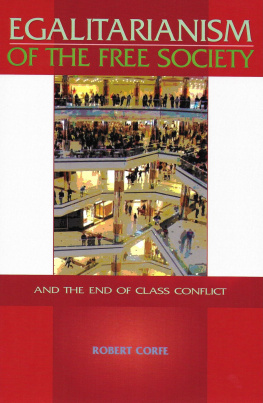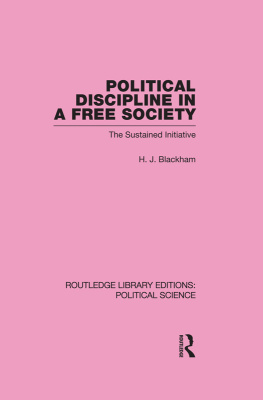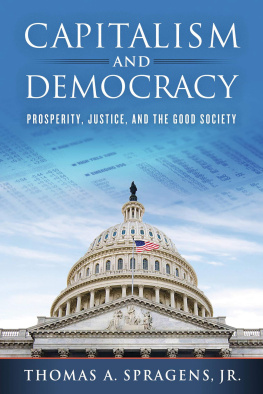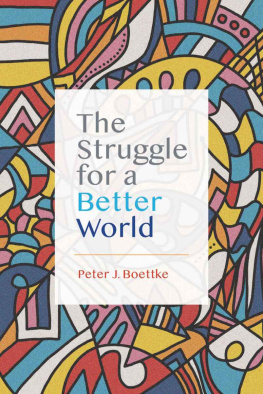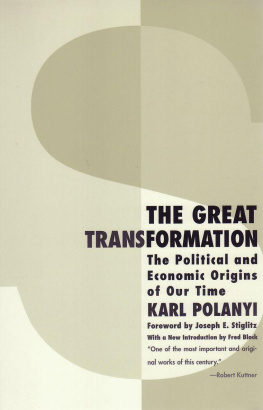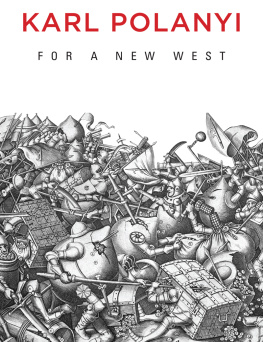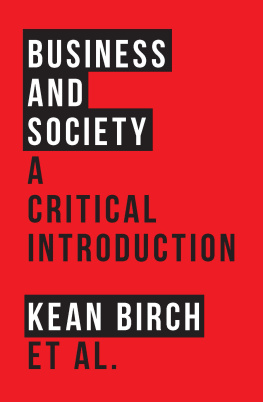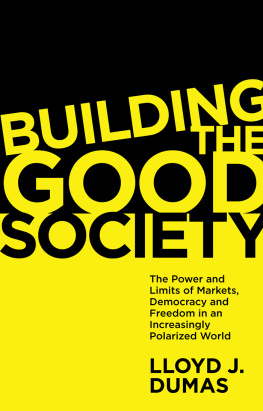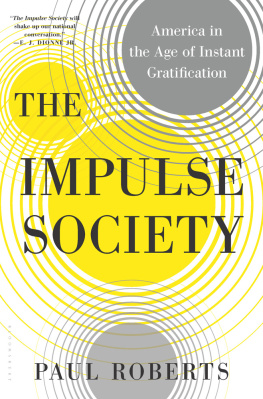Studies in Economics and Political Science
Volume 8
Opinions, Publics and Pressure Groups
First published in 1970 by George Allen & Unwin Ltd
This edition first published in 2022
by Routledge
2 Park Square, Milton Park, Abingdon, Oxon OX14 4RN
and by Routledge
605 Third Avenue, New York, NY 10158
Routledge is an imprint of the Taylor & Francis Group, an informa business
1970 George Allen & Unwin Ltd
All rights reserved. No part of this book may be reprinted or reproduced or utilised in any form or by any electronic, mechanical, or other means, now known or hereafter invented, including photocopying and recording, or in any information storage or retrieval system, without permission in writing from the publishers.
Trademark notice: Product or corporate names may be trademarks or registered trademarks, and are used only for identification and explanation without intent to infringe.
British Library Cataloguing in Publication Data
A catalogue record for this book is available from the British Library
ISBN: 978-1-03-212459-9 (Set)
ISBN: 978-1-00-322951-3 (Set) (ebk)
ISBN: 978-1-03-212924-2 (Volume 8) (hbk)
ISBN: 978-1-03-212936-5 (Volume 8) (pbk)
ISBN: 978-1-00-322691-8 (Volume 8) (ebk)
DOI: 10.4324/9781003226918
Publishers Note
The publisher has gone to great lengths to ensure the quality of this reprint but points out that some imperfections in the original copies may be apparent.
Disclaimer
The publisher has made every effort to trace copyright holders and would welcome correspondence from those they have been unable to trace.
Opinions, Publics and Pressure Groups An Essay on Vox Populi and Representative Government
Graeme C. Moodie
Professor of Politics, University of York
and
Gerald Studdert-Kennedy
Lecturer in Politics, University of York
FIRST PUBLISHED IN 1970
This book is copyright under the Berne Convention. All rights reserved. Apart from any fair dealing for the purpose of private study, research, criticism or review, as permitted under the Copyright Act, 1956, no part of this publication may be reproduced, stored in a retrieval system, or transmitted, in any form or by any means, electronic, electrical, chemical, mechanical, optical, photocopying, recording or otherwise, without the prior permission of the copyright owner. Enquiries should be addressed to the Publishers.
George Allen & Unttrin Ltd, 1970
ISBN 0 04 322001 0 cased
0 04 322002 9 paper
PRINTED IN GREAT BRITAIN
in 10 point Plantin type
BY W & J MACKAY & CO LTD CHATHAM KENT
Foreword
Academia is all too frequently rent by sterile disputes. A current example is that between the advocates of behavioralism (the American spelling is deliberate) and the defenders of political theory. Neither require serious advocacy or defence; the only issue worth debate is the relationship between empirical evidence and evaluative judgment. To that debate we hope this book is relevant, in the sense that one of its main purposes is to try to relate both levels of discussion to one another. Only thus, we feel, can one attempt meaningfully to explore those basic themes of rationality and representation which are our central concerns.
We discuss them in the context of British politics, with further illustrations from the experience of the United States. In particular, we do so with reference to the most recent published research into the British political process. An incidental result is that the bulk of our material relates to British politics in the 1950s and early 1960s; but nothing has yet happened to suggest that the events of that period are eccentric or atypical. In any case our main purpose is to explore concepts and relationships which are more enduring than their current manifestations or application.
This book is the product of experience and conviction. The experience is that of teachingand especially of jointly teaching a course here entitled Vox Populi. The conviction is that a radical democratic commitment is neither irrelevant nor outdated. From these follow certain debts which we would like to acknowledge. For our experience we would like to thank our students at the University of York and elsewhere, as well as the colleagues, friends, teachers, and authors from whom, too, we have learnt. We also wish to thank those individuals in authority who, by their shortcomings, have refuelled our conviction. We can name neither group: the first is too large; the second is small enough to make elaboration defamatory. We also wish to thank Mrs Ray Nixon and Mrs Miller for their expert and speedy typing.
University of York
December 1969
G.C.M.
G.S-K.
1 Politics and Democracy
Any group, any collection of two or more people, if it is to survive, will on occasion have to agree on common action and to decide, in common, which situations or issues require common action and which do not. Failing such agreement the group is likely to disintegrate or be destroyed. But not even in the most harmonious and loving of voluntary groupsan ideal marriage, for examplecan such agreement be assumed always to exist without directing some activity or attention to securing it. Habit and mutual understanding will take the group a long way, but faced with any change in the environment or any other new situation agreement will have to be reached. In the ideal marriage envisaged, it may be easy to reach agreement, but in most groups it may not be possible always to build on natural harmony, and in some it may be very difficult indeed, given the members differing aims, tastes, perspectives and interests (i.e. their humanity). Difficult or easy, agreement may be essential: the children must go to some school, however deeply the parents are divided about private and public, selective and comprehensive schools; the rambling club must ramble somewhere, however much some members prefer the wolds to the dales; and to take the starkest example, the two owner-riders of a tandem bicycle must travel together, however much they disagree about the route. In each case they must all agree, or dissolve, and in each group there must be some process, some activity, whereby the arguments and conflicts are resolved. That process or activity is what we mean by polities.
In its simplest form the human predicament which gives birth to the activity of politics is this: the members of a group face a situation which demands a common response, but disagree as to what the response should be. All are aware, however, that the response must be common, i.e. must be made or accepted by all members, including those who may have opposed it. Furthermore, the debate is predicated upon either the need or the desire for the continuance of the group (there is no problem if members can duck the issue of common action merely by ending their
Not all disagreements need give rise to politics. Relevant are those only which relate to necessary common action, to those matters which come within the realm of the groups common, or public, affairs (the definition of which is obviously part of the public realm). For it is only in public affairs that competing policies (i.e. principles of action) have the distinctive characteristics of being binding on the group as a whole once adopted and thus of being mutually exclusive: the riders of a tandem cannot simultaneously take the right- and left-hand forks; the Church of England cannot be both Established and disestablished. The essence of the political problem is that while one may succeed in having the best (or worst) of both worlds, yet it is never possible to have all of both worlds.

